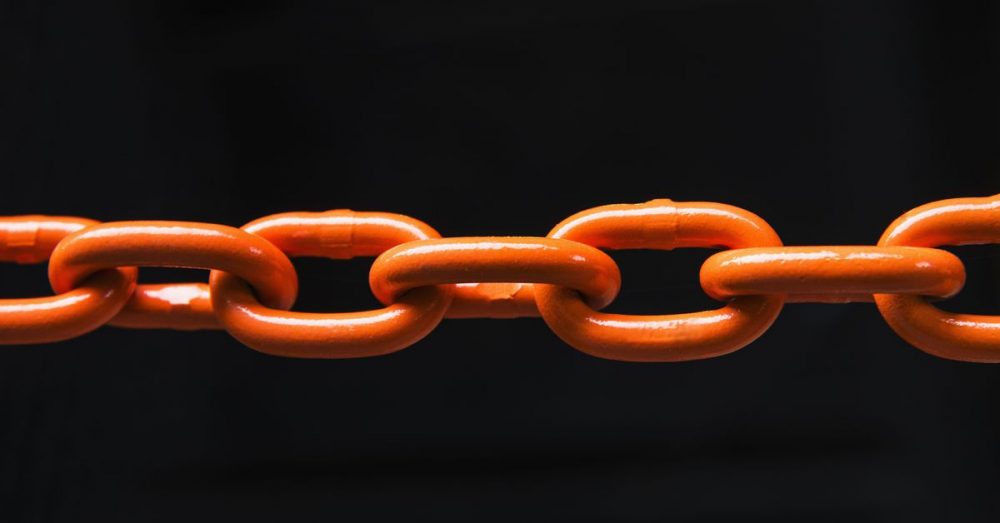Chronicle, the second largest oracle provider that safeguards over $5 billion for MakerDAO and its ecosystem, said Tuesday it is expanding outside of the MakerDAO ecosystem with a new protocol that makes oracles available on various networks.
The Chronicle Protocol will soon launch first on Polygon zkEVM to service the fast-growing ecosystem and lay the foundation for integrating another of Chronicle’s key partners, Spark Protocol.
The service will use an estimated 60% less gas fees compared to other providers. Low fees are essential for driving platform usage as oracles are currently one of the largest cost centers for blockchains and DeFi protocols, developers said.
Oracles are blockchain-based services that fetch data from outside a blockchain. Blockchains, by design, are immutable stores of data but can’t verify the authenticity of inputted information. This is where oracle networks help – they refer to multiple sources of information to provide reliable data to blockchain-based services and products for users.
Chronicle will feature a dashboard that users can access to track the origin of any required data – which developers say will ensure on-chain data transparency. It will run on data supplied by over 22 node operators, such as Infura, Etherscan, Gnosis, Gitcoin, Argent, MakerDAO and dYdX.
“Verifiable Oracles at scale are a critical innovation to ensure the integrity of DeFi,” said Chronicle founder Niklas Kunkel in an email to CoinDesk. Kunkel co-developed the first oracle on Ethereum in 2017 to facilitate the creation of SAI, the predecessor to U.S.-dollar-pegged DAI stablecoins.
“Our commitment to delivering secure, cost-efficient, and verifiable Oracles has driven the development of this market-leading release, uniquely positioning Chronicle and providing a much-needed challenger in a space dominated by a single provider,” Kunkel added.







